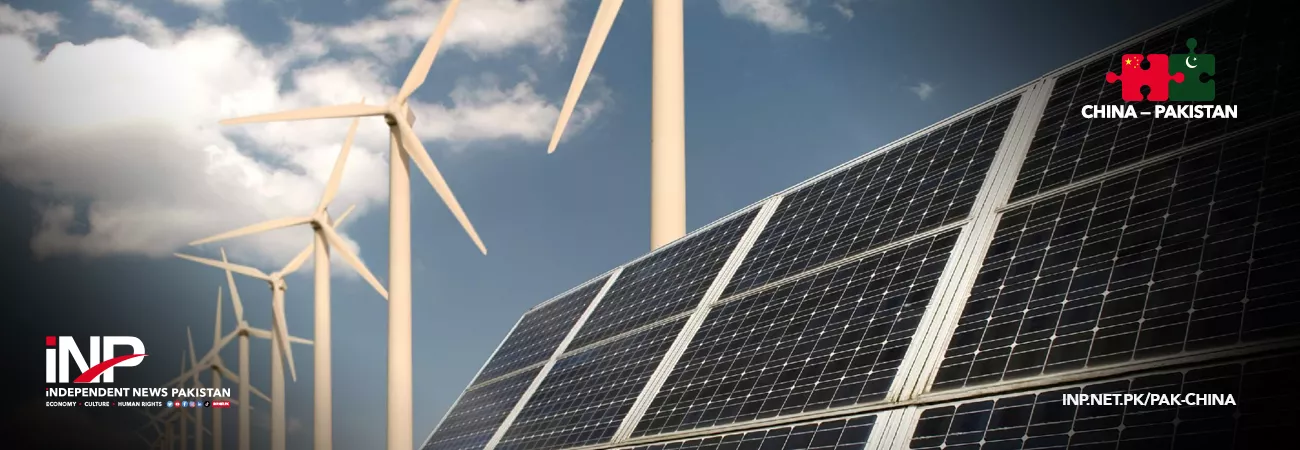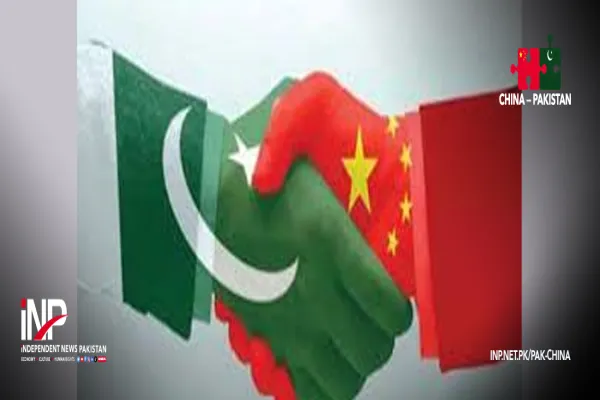i NEWS PAK-CHINA
As a country in transition, Pakistan faces various challenges and needs to quickly find solutions to energy supply and cost issues in order to achieve stable development. China-Pakistan cooperation on power grid upgrading and renewable energy technology is offering green solutions for sustainable development in Pakistan. The above views were expressed by Dr. Hassan Duad Butt, Senior Advisor, Sustainable Development Policy Institute (SDPI) in a recent interview with Gwadar Pro. During the SDPI roundtable discussion on “Wheeling Reform for Offtake of Renewable Energy” option and challenges held recently, he stated that renewable energy including wind, solar and hydropower provides high-quality and cost-effective impetus for industrial development in Pakistan.
However, novel energy initiatives and projects are complex, risky and time-consuming. He added that, “industrial development is imperative for future employment opportunities and enabling industries for power access, and initiatives such as power wheeling are a must. To address the headwinds, an integrated and synergistic approach needs to be taken by introducing a development system suiting local cultures and environments.” Ahad Nazir, Head of Centre for Private Sector engagement, SDPI, highlighted that little attention has been paid to reducing losses in electricity distribution and transmission in Pakistan for a long time.
China has one of the best infrastructure systems in the world and has partnered with Pakistan on the Matiari-Lahore HVDC project. In the long run, Pakistan should move from being a technology user to a technology developer.“It is necessary to improve the manufacturing technique in Pakistan. So far, we have installation capacity, and the main focus with respect to wind energy should now be to manufacture equipment locally,” Ahad added, “building towers and warehouses locally is also a good intervention to reduce import and logistics costs.” Under the revised RE policy, the government of Pakistan aims to derive 60 percent of its energy from renewable sources, including hydro, by 2030, which will wean Pakistan off imported fuel products. Ahad explained that “we need to adopt energy storage technology and hydrogen fuel and ethanol.
These are the things that are less damaging than fossil fuel and still they can ease our journey to renewable energy sources.” The Prime Minister has already announced a plan to solarise government buildings by April 2023 and introduced incentives accordingly. To attract Chinese companies to invest in Pakistan's renewable energy sector, Ahad suggested them to set up joint ventures with large local groups in Pakistan. Dr. Khalid Waheed, Research Consultant, SDPI disclosed that Pakistan imports transportation fuel worth $ 3 billion , which is a huge amount for Pakistan amid the crisis situation.
Credit: Independent News Pakistan-INP









